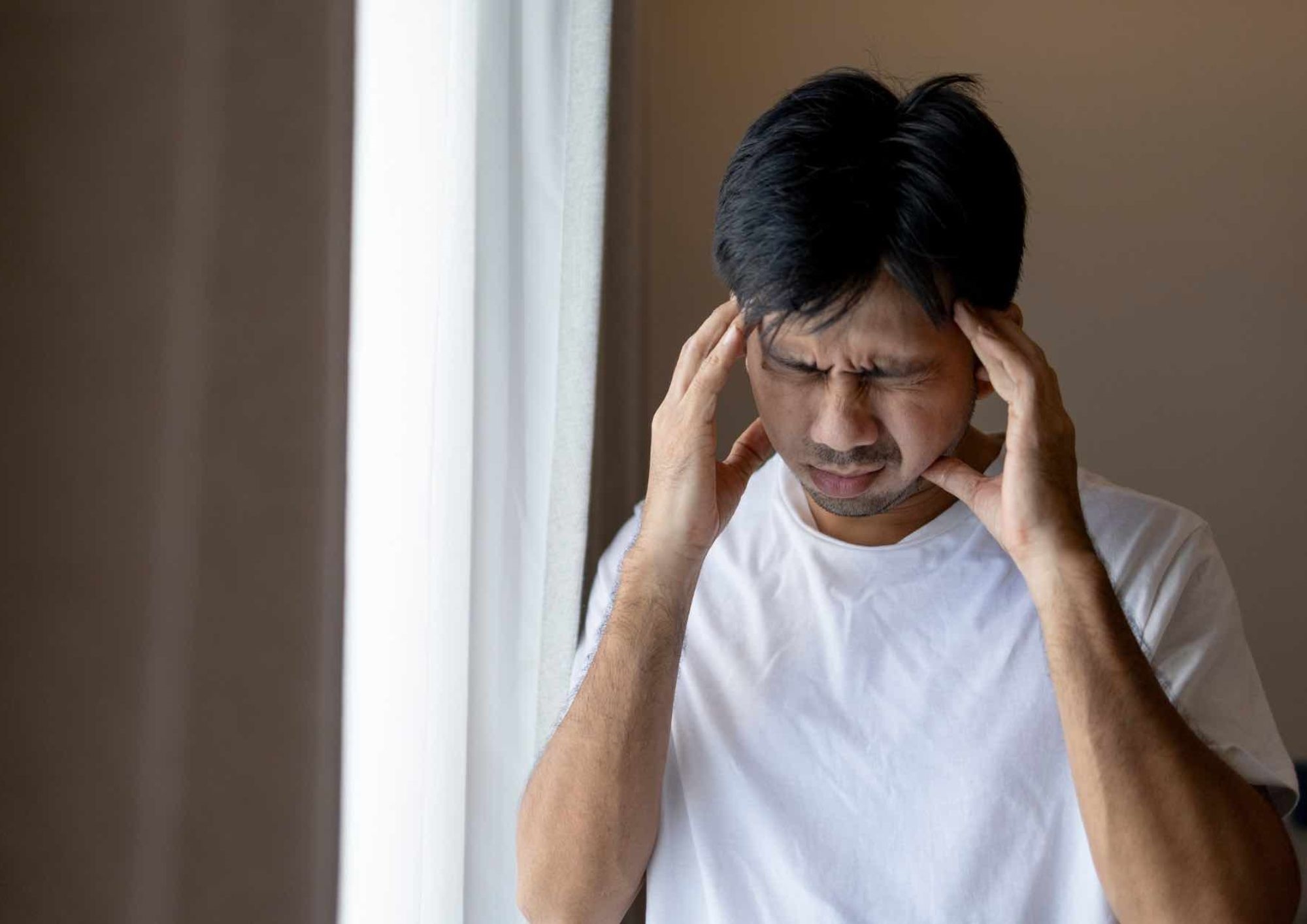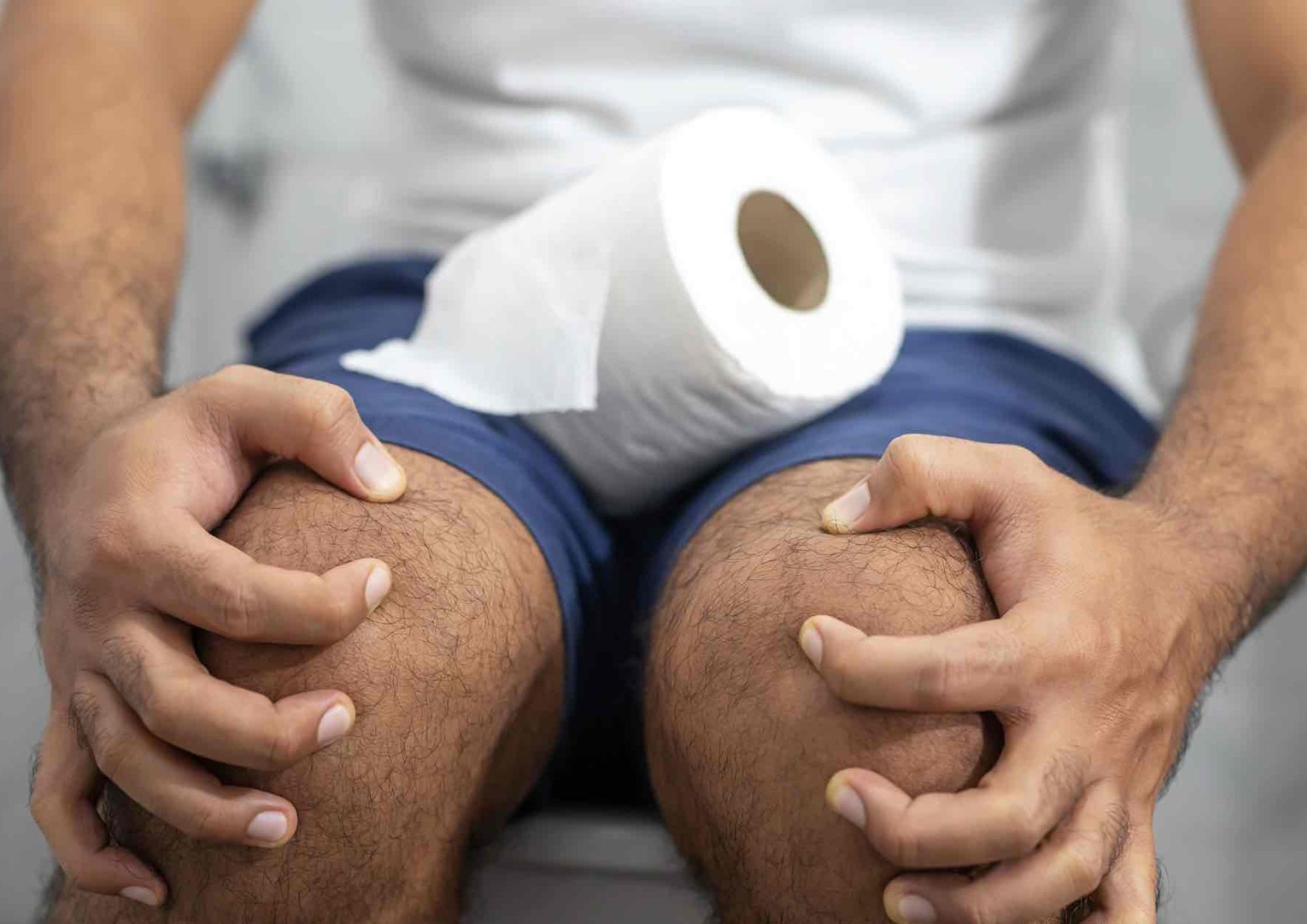Psoriasis: How Winter Weather and the Cost-of-Living Crisis Could Worsen this Skin Disorder

DOC’S WINTER SKIN FLARE-UP WARNING
A leading dermatologist is highlighting how the colder months ahead combined with the cost-of-living crisis could intensify a common skin disorder.
Psoriasis is a chronic autoimmune skin condition that causes the rapid buildup of skin cells, resulting in the formation of thick, red, and scaly patches on the skin's surface.
While psoriasis can appear at any time of the year, some people will experience more frequent and severe flare-ups during autumn and winter, aggravated under mounting financial pressures.
“Cold and dry air can strip the skin of its natural moisture, leading to increased dryness and itchiness in individuals with psoriasis which can trigger flare-ups,” explained dermatologist Dr Tang from Pall Mall Medical.
“In autumn and winter, there is typically less sunlight available, which can lead to a decrease in the therapeutic effects of natural sunlight on psoriatic skin,” he added.
Changes in routine, increased stress levels associated with autumn and winter activities including monetary woes, are other contributory factors.
“Stress is a known trigger for psoriasis exacerbations, and with the cost-of-living crisis still looming, it is likely to be a bigger factor in the months to come,” added Dr Tang.
Cold and flu season coincides with the autumn and winter months, and viral or bacterial infections can trigger or worsen psoriasis symptoms in some individuals, added the medic who has suggested considering the following strategies.
“Regularly apply a thick, fragrance-free moisturiser to keep your skin hydrated,” said Dr Tang.
“This helps combat the dryness and itchiness associated with cold, dry weather.
“Adding moisture to the indoor air with a humidifier can help prevent excessive skin dryness caused by central heating systems.”
Maintaining a consistent skincare routine can also help combat the effects of winter on skin.
“Stick to a gentle skincare routine that includes a mild, fragrance-free cleanser and moisturiser, and avoid harsh soaps and hot water, which can further dry out the skin.”
Overheating is another factor that should be considered to avoid flare-ups.
“While it’s important to stay warm in the colder months, avoid overheating and excessive sweating, as this can worsen psoriasis symptoms,” explained Dr Tang.
“Layer your clothing and use breathable fabrics.”
“If you have access to a dermatologist, consider light therapy using UVB lamps. This can help compensate for reduced natural sunlight exposure and manage psoriasis symptoms.”
Dr Tang also suggests stress managing techniques including meditation, yoga deep breathing and exercising.
But if psoriasis is severe or not responding to home care measures, Dr Tang suggests consulting with a healthcare professional.
“They can recommend topical treatments, oral medications, or biologic therapies tailored to your specific condition,” he added.
Avoiding triggers is also advised, such as certain foods, medications, or environmental factors, that may exacerbate psoriasis.
If you are concerned about your Psoriasis this winter, you can book a consultation with one of our specialist dermatologist without an NHS referral, avoiding long waiting lists.











